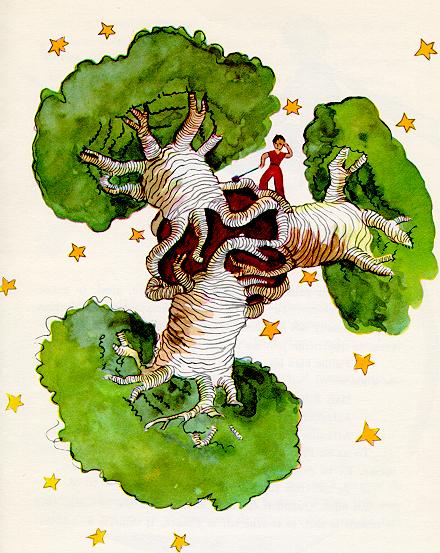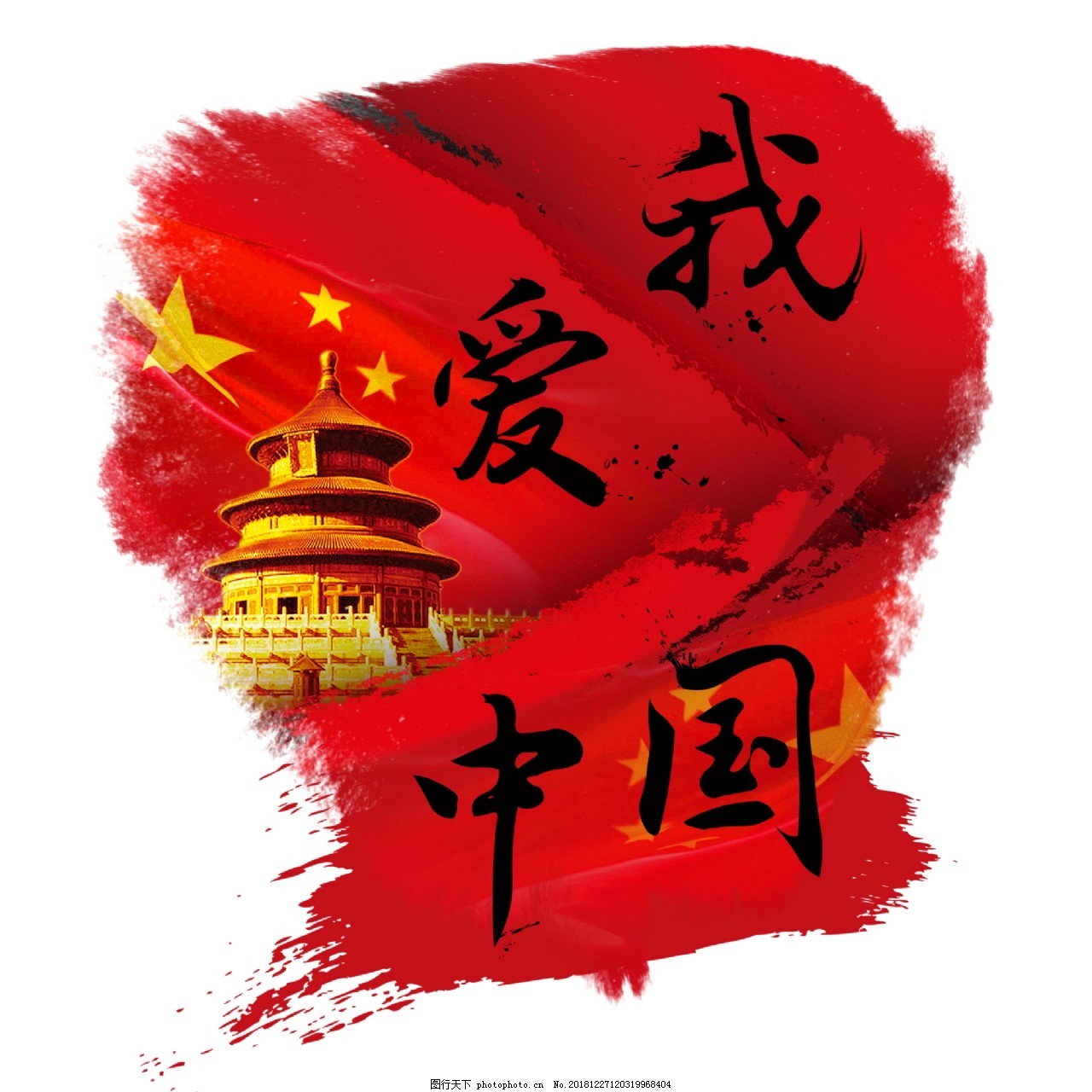Quotes:
One student born in the 1980s wrote: From Junior One to Senior One, I spent four years learning texts by heart. According to our ancestors, ‘Memorizing 300 Tang poems makes one a poet himself’. … It is also true to foreign language learning. I regret not reciting enough texts then. [1: 218; Chinese original]
After the teacher finishes his explanation and checks with the students to see if they have correct comprehension, the students are required to read the text just learned 100 times: slowly at first, then a bit faster. The text should be read with rhythm, correct pauses and accurate use of the four tones. If any student cannot perform the reading- aloud properly, another 100 times of reading are required of him. [9; Chinese original]
Yu MinHong 4 , a celebrated educator and English teacher who was born in the 1960s, wrote: In primary and secondary school, all that we had were several thin textbooks. Without any other books to read, we had to recite the texts again and again − so much so that I could recall them till now as if they were carved in my heart. [13; Chinese original]
In monastic choirs the demon Tutivillus was believed to collect up sackfuls of dropped syllables from the Psalms to be weighed up at the Last Judgement against those who voiced the texts inaccurately 6
In her detailed analysis of uses of memory and the conceptions of memory in the Middle Ages, Carruthers [24] showed how memory played a significant role in medieval people’s intellectual and cultural lives. The great values they attached to memory can be sensed from Carruthers’s depiction: Ancient and medieval people reserved their awe for memory. Their greatest geniuses they describe as people of superior memories, they boast unashamedly of their prowess in that faculty, and they regard it as a mark of superior moral character as well as intellect. [24: I; emphasis original] … Memoria, …, was a part of litteratura: indeed it was what literature, in a fundamental sense, was for. Memory is one of the five divisions of ancient and medieval rhetoric; it was regarded, moreover, by more than one writer on the subject as the ‘noblest’ of all these, the basis for the rest. [24: 9; emphasis original]
I’ve personally been trying to memorize the first 40 lines of the 3 character classic, the 三字经。Both as an experiment in memory: how much of this book can I commit to memory so well that I could recite it in full and explain every line and character? and also to get more familiar with classical chinese since it has such a distinct vocabulary, with words like 此,孝,昔,善,义 that occur elsewhere too but I haven’t seen much of.

